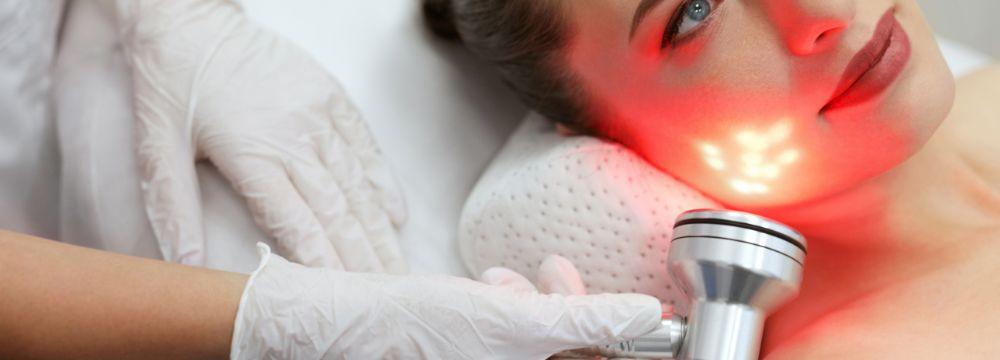Tretinoin and Retinol Which Therapy Should You Choose?
Retinoids are popular skin care products that penetrate your skin and help boost its youthful appearance by reducing the lines and wrinkles that come with age. These deep penetrating, fast-acting Vitamin A derivatives help restore the natural production of elastin and collagen that we lose as we age. Unlike topical exfoliators that remove dead skin cells, retinoids work deep in the skin’s middle layer known as the dermis. As you research skin care treatments, you will likely come across retinol and tretinoin. Both are similar in chemical composition but can have very different results. Before deciding which one to use, it is important to understand the differences between these two products. Let’s dive in:
Retinol is an over-the-counter retinoid and a more powerful, more effective version of retinaldehyde and retinyl palmate. Since it is OTC, it is not as strong as prescription retinoids but remains a popular and effective option for many patients. You should always follow the directions on the container, but some retinol formulations will require several weeks of daily use before you begin to see improvements in your skin.
Tretinoin, on the other hand, is a synthetic vitamin A prescribed by your dermatologist or health care professional. Much like retinol, it works primarily to reduce the fine lines and wrinkles that come with age. It can also help treat sun damage and acne. Tretinoin works by speeding up the life cycle of skin cells. Promoting the death of older skin cells allows new skin cells to take their place. Tretinoin is an irritant but, as such, works more quickly.
Summarizing the Main Differences Between Retinol and Tretinoin
- Retinol is naturally derived from vitamin A, while tretinoin is a synthetic form.
- Tretinoin is significantly stronger than retinol.
- Tretinoin requires a prescription, while retinol compounds are typically over the counter.
- Typical skin shedding during early use of retinol is less pronounced than tretinoin.
Is One Safer Than the Other?
Both retinol and tretinoin are very safe. They have a long history of use spanning more than half a century. They are also easy to apply and effective. Of course, there are some contra-indications, especially for tretinoin creams. For example, we are unsure how this medication affects pregnancy or breastfeeding. Sun exposure is also a significant concern, so if you plan to be in the sun frequently, you may wish to wait for your treatment. Lastly, some medicines may interact with tretinoin, so please let your dermatologist know any other medications you may be taking. Retinol, on the other hand, is relatively less restrictive. In fact, there is retinol in many skin care products. Even if they seem mild, you should follow instructions to ensure the best results and minimal interactions.
How Often Should I Use Retinol or Tretinoin?
Your dermatologist will give you guidance on how often to use these creams. For many, it is part of a daily routine, ideally right before bed. Use only as directed. Using more than your directions state will not enhance the appearance of your skin and can cause skin sensitivity and irritation.
Which Should I Choose?
Typically, patients looking to treat skin issues aggressively will opt for tretinoin as it usually gives faster and better results. Retinol, on the other hand, may be best suited for those looking for a relatively mild solution without the considerations of tretinoin.
With that said, both creams can be helpful and practical for patients looking to improve their facial skin. The best next step is to visit your dermatologist for an evaluation of your skin and recommendations on a skin care regimen that may include retinol or tretinoin. We look forward to having you in our office and discussing this further. If you have any questions in the meantime, we encourage you to contact us.




